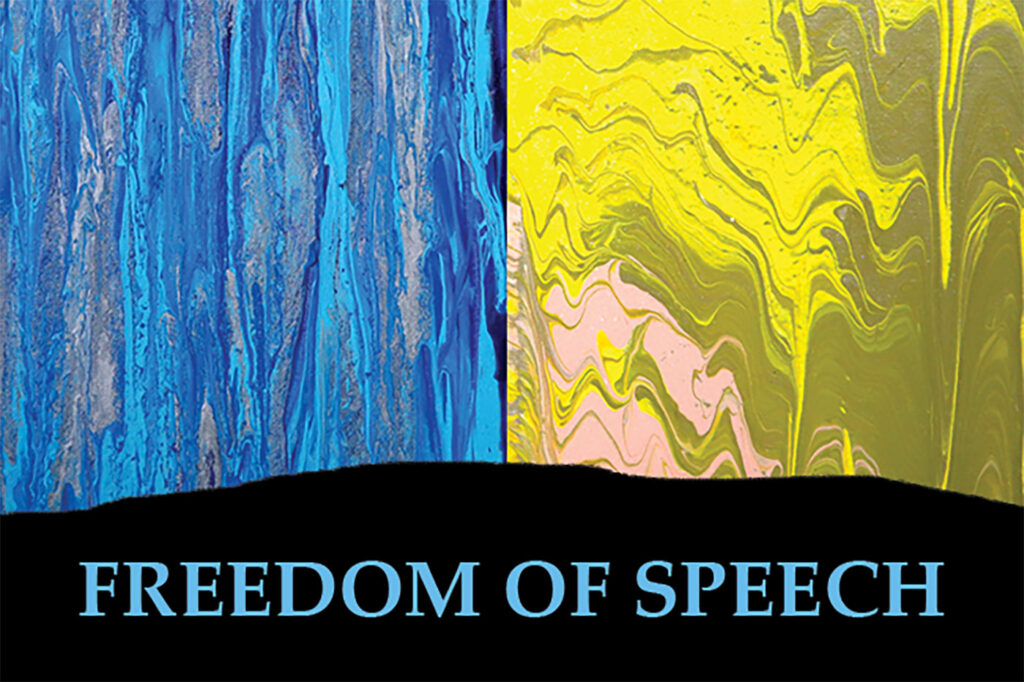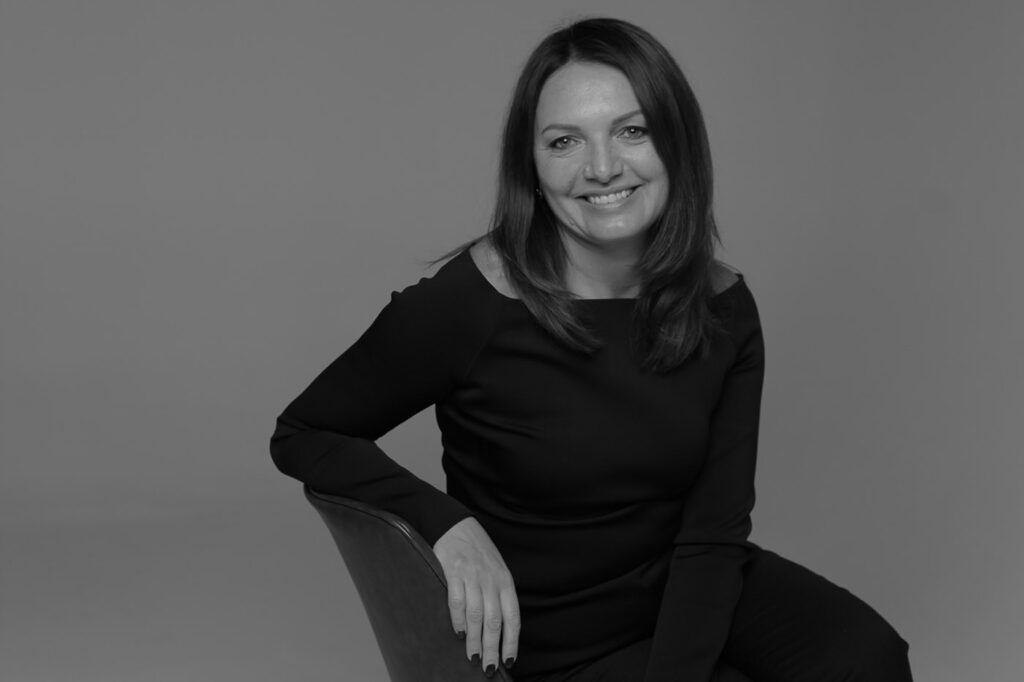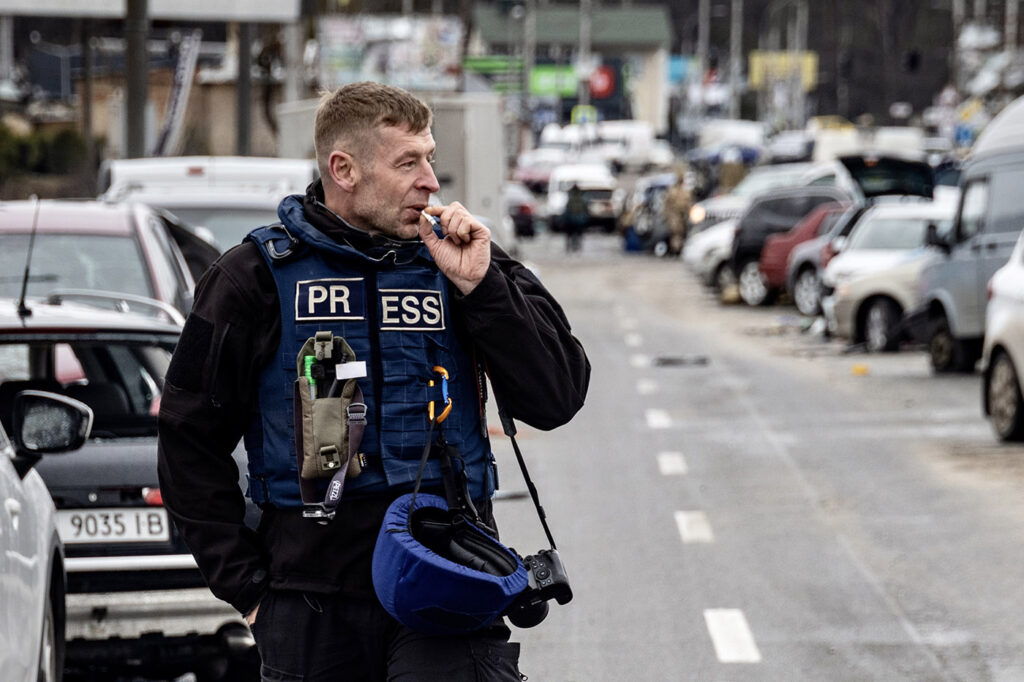
Tampere Freedom of Speech Event
Freedom of speech is a core value: it belongs to the core of every democratic society and it’s an important part of the daily life of any free human being.
- freedom of speech

Why freedom of speech?
Freedom of speech is a core value: it belongs to the core of every democratic society and it’s an important part of the daily life of a free human being.
Freedom of speech belongs to everyone.
Describing and realizing freedom of speech is placed highly in both the Constitution of Finland and in the International Bill of Human Rights of the United Nations. Freedom of speech is also an essential part of the optimal model of European society, pursued by the European Union.
For authoritarian rulers, oppression of freedom of speech and silencing the ones trying to use it, is an arbitrary instrument of staying in power, but also the surest way of damaging their own country. In the short term, violence may provide a quick win, but in the long term only democracy prevails.
Without functioning freedom of speech that gets tested in daily life, there can be no rule of law, neither is there democracy of empowered people nor thriving cultural life.
Only thanks to freedom of speech we have free media with pluralistic values. Critical science, with its independently found observations and results, can equally be based only on freedom of speech. For both, it is a vital condition to be able to have contacts and debates also with those who express opposing views, without fear of intimidation and repression.
In the absence of transparency, arbitrary use of force and corruption become rampant. When dissidents, journalists, researchers, artists, and other freely discussing voices in the society are harassed, and at worst, murdered, that is always a serious crime and an attack against the very basis of our understanding of what it means to be human. It has become increasingly clear that without decisiveness and deeds of more positive actors, freedom of speech can be threatened – also in this country.
Event’s background
The initial idea of the Tampere Freedom of Speech Event emerged during 2019-2020, as the coronavirus pandemic challenged humankind. At the time in Finland, among other countries, topping the news agenda were massive civil protests in Belarus, stifling of dissidents in Russia, and on the other hand Ukraine´s struggle to secure its independence and freedom, since 2014 under circumstances of war. There was a growing number of political prisoners, and the problem worsened not only in many of the so called post-Soviet countries. Journalists were murdered and put in jail with no justification widely around the world.
Among the board of trustees of Pirkanmaa regional fund, belonging to the wider institution of Finnish Cultural Foundation, lively discussions took place about how freedom of speech, without any doubt, is one of the core values of Europe. Without freedom of speech, there would also be no possibility for science and arts to flourish in Finland. Still, even in Tampere with its many festivals and gatherings, there was no event dedicated to freedom of speech, not yet.
It was decided to create a freedom of speech event, and soon the idea became a visible part of the plans of Tampere to be chosen as the Culture Capital of Europe for the year 2026. Even as the title went elsewhere, Tampere Freedom of Speech Event got support from its continuation program Operaatio Pirkanmaa. In addition to Tampere’s Mayor Anna-Kaisa Ikonen, also the Finnish Journalism Foundation JOKES extended their important support to the idea. The journalist educators of Tampere University, Finnish chapter of the Reporters Without Borders, and many other people and groups that are invested in our common cause expressed their willingness to support and help in the organization.
Russia started its full-scale military attack and war of destruction against Ukraine on the 24th of February 2022. On that date, the topic of freedom of speech became even more timely than before.
It was natural to choose Ukraine as the topic of our first event. What has been the tangible importance of freedom of speech in Ukraine´s story of independence? What lessons we all can draw from the experiences of Ukrainian journalists and experts? Ultimately the question is, what kind of freedom and how will Ukraine finally be able to secure.
Topic for 2023 is Ukraine and Freedom of Speech
As the first keynote speaker of the Tampere Freedom of Speech Event, we invited the American Ukrainian journalist and trailblazer of many important freedom of speech causes, the head of the Eastern Europe bureau of Voice of America, Myroslava Gongadze. Along with her journalism activity, Ms. Gongadze mentors young Ukrainian journalists. She is also the moving force behind the journalism prize that carries name Gongadze and awards journalists in Ukraine who can find innovative ways of conveying information, create sustainable media, and remain faithful to professional principles.
Unfortunately, the name Gongadze is also known from a tragic context, as Myroslava Gongadze is the widow of the brutally murdered journalist Georgiy Gongadze. The Ukrainian-language online newspaper Ukrainska Pravda was founded by Georgiy Gongadze (1969-2000) and it was one of the first independent media in Ukraine since the country’s new independence in 1991. Today, Ukrainska Pravda remains one of the largest Ukrainian-language news media. The murder of Georgiy Gongadze, which shocked everyone and caused the loudest political scandal of its era, is officially still unsolved, despite the promises of several governments.


Previous events
In the middle of the political, economic and freedom of speech maps of Europe there is a black hole. Belarus ranks as state number 157 in the annual global Press Freedom Index (Reporters Without Borders 2023).
Among the more than 1.500 political prisoners of Belarus, around 40 journalists are sitting in prisons. From the Editor-In-Chief of the largest news media, which was banned in 2021, to the creators of a popular car magazine, their lives have been canceled. The prison sentences are as long as 12 years. Communicating with the ones in prison is not possible.
The 26th of September, 2023 in Culture House Laikku we heard from the former political prisoner, lawyer, and human rights advocate Leanid Sudalenka. He was released from a Belarusian prison on 21st of July after serving a bogus three-year sentence.
Lawyer Sudalenka has for more than 20 years defended human rights and Belarusian citizens whose rights are grossly violated by the government. His work has been honored by the distinguished human rights award of the French Republic, “Liberté-Égalité-Fraternité” first in 2018 and again together with other imprisoned Belarusian human rights advocates in 2021.
Mr. Sudalenka led the work of the human rights organization Viasna (Spring), founded by Ales Bialiatski, in the second biggest city of Belarus, Homel. Bialiatski received the Nobel Peace Prize in 2022 and in his home country a ten-year prison sentence. After being released from prison, Mr. Sudalenka fleed Belarus to Lithuania.
On a remote line, we also heard from a Belarusian news reporter about work in exile. The biggest Belarusian news service Tut.by was raided and closed, Editor-In-Chief and Manager imprisoned since 2021.
Journalist Ingrid Svanfeldt talked about the faiths of journalists in Belarus, where freedom of speech means a choice between exile / prison or participating in the ways of the dictatorship. In the online game ‘Hero of Freedom of Speech’, published by the YLE, you can try your hand surviving as a news journalist in the Belarus dictatorship (in Finnish).
The discussion was moderated, guests interviewed by Lännen Media´s Editor-In-Chief Matti Posio.
This Tampere Freedom of Speech event was co-organized by the Finnish Cultural Foundation’s Pirkanmaa regional Fund, Pan-European Institute (Turku University) and City of Tampere / Operation Pirkanmaa.
Ukraine’s society and defense forces have battled against the full-scale invasion war launched by Russian Federation since February of 2022. Each day the war has demanded human lives, shattered homes, and forced many to inhumane situations. Amid war, the strength of humanity and unitedness are also visible. Many heroes have made an extreme sacrifice to save Ukraine, democracy, and our free European way of life including freedom of speech.
The Founder of Donbas Frontliner, reporter, and news photographer Andriy Dubchak has documented events of war in the frontlines and everywhere in Ukraine, since 2014. His photos and reports have been published widely by both Ukrainian and international quality media, in Finland Helsingin Sanomat.
In the unique photo exhibition put together for Tampere, we had a chance to look at Ukraine’s defense struggle through the eyes of Andriy Dubchak. Producer and manager of Donbas Frontliner, Yelyzaveta Kovtun, talked about the backgrounds of the pictures and the feverish work of their team in Donbas and other hotspots of the war.
Donbas Frontliner has been honored for example by the Swedish freedom of speech award Fritt Ord. Andriy Dubchak is nominated for the most distinguished Ukrainian journalism award, the Georgiy Gongadze Prize in the year 2023.
In the other part of our exhibition, we moved to the civilians of Kyiv and the moments right after Russia launched its appalling war on February 24th, 2022. The Ukrainian photographer Kseniia Pavlova took pictures of people, children, in the living quarters of Kyiv that had now become the home front. Pavlova’s photos bring back the moments when she could do nothing else but use her camera.
The Tampere Ukrainian documentarist and musician Lukas Stasevskij, in his 18-minutes movie “Ukrainian Rhapsody”, described the changes in his own identity as Ukrainian and in the lives of many Ukrainians he met, during his travel to Ukraine’s communities. The film becomes a heartfelt tribute.
Founder of the Color Up Peace start-up, a Ukrainian artist who grew up in Crimea and based in Tampere, Lisa Glybchenko closed the exhibit with her stylish motives of the Ukrainian flag, Blue and Yellow.
Lecture and discussion event about the meaning of media freedom in Ukraine was held in Tampere University on September 28th, 2023. What is the meaning of freedom of speech and free media in the story of independent Ukraine? What can we learn from the experience of Ukrainians? What is the meaning of free speech in the war and the coming massive rebuilding?
In the event we heard about the phases of Ukraine’s freedom of speech and media development, directly from the core of news. Our main speaker is the American Ukrainian journalist, Head of Voice of America’s (VOA) Eastern Europe Bureau and a witness to the story of Ukraine’s freedom of speech, Ms. Myroslava Gongadze.
Along with her journalism activity, Ms. Gongadze is a mentor to Ukrainian journalists. She is the moving force behind the journalism prize that carries name Gongadze and awards journalists in Ukraine who can find innovative ways of conveying information, create sustainable media, and remain faithful to professional principles. She has interviewed many international and Ukrainian leaders and top names, and during the Summer she sent globally watched news reports for example from the Lithuania-Belarus border.
Gongadze has also received the Inamori Ethics Prize which is given to outstanding international leaders for their life-long work for a better humankind.
Unfortunately, the name Gongadze is also known from a tragic context, as Myroslava Gongadze is the widow of the brutally murdered journalist and media innovator Georgiy Gongadze. The Ukrainian-language online newspaper Ukrainska Pravda was founded and led by Georgiy Gongadze (1969-2000), and it was one of the first independent media in Ukraine since the country’s new independence in 1991. Today, Ukrainska Pravda remains one of the largest Ukrainian-language news media.
The murder of Georgiy Gongadze, which shocked everyone and caused the loudest political scandal of its era, is officially still unsolved, despite the promises of several governments. More than 20 years Myroslava Gongadze has relentlessly advocated for justice to Georgiy Gongadze and rule of law. In the U.S., where she moved after the unsolved murder of her husband, she actively supports many Ukrainian causes.
The seminar consisted of three parts. It included a brief introduction to the development of Ukraine´s media freedom and society during the independence years since 1991, the Tampere Freedom of Speech lecture by our guest of honor Myroslava Gongadze about Ukraine’s perspective in media freedom, and finally a panel discussion to go deeper into the topics of the Tampere Freedom of Speech Declaration.
Participating in the panel discussion were war reporter Antti Kuronen (YLE), correspondent Jussi Konttinen (Helsingin Sanomat), international affairs specialist Salla Nazarenko (Finnish Association of Journalists), chairperson Yrsa Grüne-Luoma (Reporters Without Borders Finland), researcher of public service and sustainable journalism Anna Maris (FOJO Media Institute, Sweden) and professor Kari Liuhto (Turku University School of Economics and Pan-European Institute).
The event was moderated by Lännen Media’s Editor-In-Chief Matti Posio and the currently living in Finland Ukrainian journalist Yuliia Shchetyna.
To deliver the first Tampere Declaration and be our main speaker, we invited the awarded American Ukrainian journalist and media leader Myroslava Gongadze who works as the Head of Eastern Europe Bureau of the global media network Voice of America (VOA).
Our guest of honor actively works for advancement of freedom of speech causes, also as a mentor for Ukrainian journalists and the driving force behind Ukraine´s best-known journalism prize, the Prize of Georgiy Gongadze. In September 2023 Ms. Gongadze herself received the Inamori Ethics Prize, given to outstanding international leaders for their life-long work that has made humankind better. In her daily work Myroslava Gongadze reports on news events and interviews key people across the whole Eastern Europe.
Unfortunately, Myroslava Gongadze has also closely witnessed the most tragic moments of Ukraine’s freedom of speech history. Her husband Georgiy Gongadze was one of the early creators of independent Ukrainian news media, the Founder and first Editor-In-Chief of the Ukrainian online newspaper Ukrainska Pravda. His disappearance and violent murder shocked Ukraine and caused a huge international outrage in 2000, and the political and judicial scandal that followed almost took down then-president Leonid Kuchma. For more than 20 years, Myroslava Gongadze has continued to search for justice in the murder case of her husband and the critical young journalist Georgiy Gongadze (1969-2000), as well as rule of law.
Myroslava Gongadze’s freedom of speech keynote was followed by an expert discussion, in which comments are expected from news journalists Antti Kuronen (YLE) and/or Jussi Konttinen (Helsingin Sanomat), the international affairs expert of Finnish Journalist Association Salla Nazarenko, the chairperson of Reporters Without Borders Finland Yrsa Grüne-Luoma, the researcher of public service and sustainable journalism Anna Maris (SWE), and the professor of Turku University School of Economics and chairperson of the Pan-European Institute Kari Liuhto.
Watch all the speeches of the event below
-
Opens in new tab
-
Opens in new tab
-
Opens in new tab
-
Opens in new tab
-
Opens in new tab
-
Opens in new tab
-
Opens in new tab